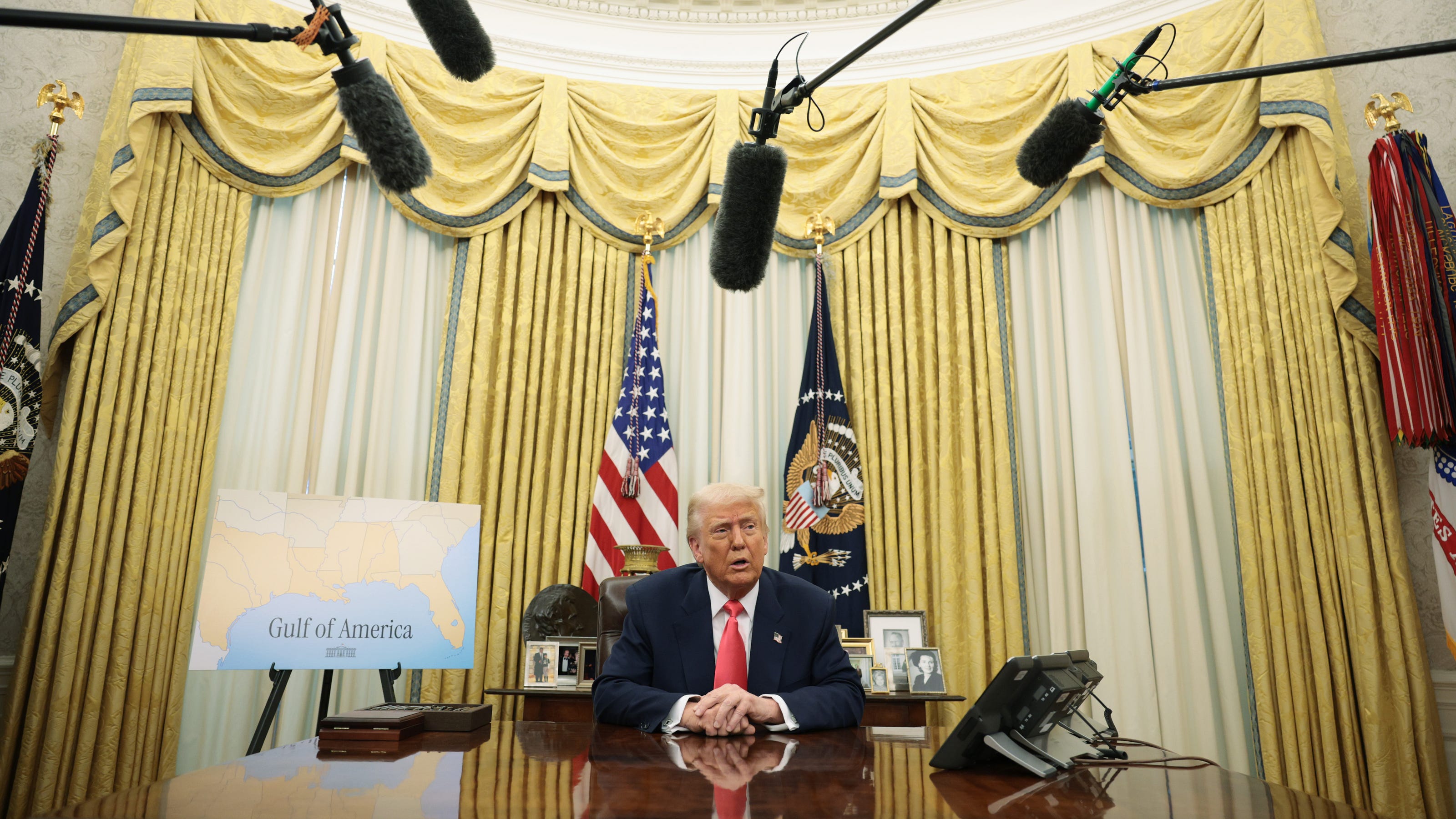Title: Supreme Court Curbs Trump's Power: Key Takeaways & Analysis
Editor's Note: The Supreme Court's recent decisions significantly limit former President Trump's executive powers, sparking widespread debate and legal analysis. This article delves into the key rulings and their implications.
Why It Matters: Understanding the Supreme Court's decisions regarding former President Trump's executive authority is crucial for comprehending the evolving balance of power in the American political system. These rulings impact future presidential actions, executive privilege claims, and the scope of presidential immunity. This analysis examines the legal precedents set, the dissenting opinions, and the potential long-term consequences of these landmark cases. Keywords: Supreme Court, Trump, executive power, presidential immunity, executive privilege, legal precedent, checks and balances, separation of powers.
Key Takeaways of Supreme Court Rulings on Trump's Power:
| Ruling Area | Key Takeaway | Impact |
|---|---|---|
| Executive Privilege | Limits on executive privilege, particularly when conflicting with criminal investigations. | Increased transparency and accountability for presidential actions. |
| Presidential Immunity | Clarification of the boundaries of presidential immunity from lawsuits. | Potential for increased legal challenges against former presidents. |
| Access to Documents | Restrictions on the former president's ability to withhold documents from Congress and courts. | Stronger Congressional oversight and judicial review of executive actions. |
Supreme Court Curbs Trump's Power
Introduction: The Supreme Court's recent rulings on cases involving former President Donald Trump represent a significant shift in the understanding of executive power in the United States. These decisions underscore the principle of checks and balances, limiting the scope of presidential authority and emphasizing the accountability of even former presidents under the law.
Key Aspects: The key aspects examined include the limitations placed on executive privilege, the scope of presidential immunity from legal processes, and the implications for future presidential actions. These decisions collectively impact the separation of powers, the relationship between the executive and legislative branches, and the overall legal framework governing presidential authority.
Executive Privilege
Introduction: The concept of executive privilege allows the president to withhold information from the public and other branches of government. However, the Supreme Court has consistently ruled that this privilege is not absolute and must yield to compelling governmental interests, such as the need for evidence in criminal investigations.
Facets:
- Role: Executive privilege protects sensitive national security information and internal deliberations.
- Examples: Past instances where executive privilege was invoked and challenged in court.
- Risks: Overuse of executive privilege can lead to opacity and hinder accountability.
- Mitigation: Clearer guidelines and judicial review can mitigate the risks.
- Impacts: These rulings shape future claims of executive privilege and the balance of power between branches.
Summary: The Supreme Court's interpretation of executive privilege reinforces the principle that this power is not absolute and must be balanced against the need for transparency and accountability.
Presidential Immunity
Introduction: Presidential immunity protects the president from certain lawsuits during their term. However, the extent of this immunity, particularly after leaving office, has been a subject of ongoing legal debate.
Further Analysis: The Supreme Court rulings addressed the question of whether a former president retains immunity from civil lawsuits related to actions taken before or during their presidency. The court's decision clarifies the limitations of this immunity, setting a precedent for future cases.
Closing: The Supreme Court's decision on presidential immunity underscores the importance of accountability, even for former presidents. This ruling impacts the legal landscape surrounding presidential actions and sets a precedent for future challenges.
Information Table: Key Supreme Court Cases Affecting Trump's Power
| Case Name | Ruling Summary | Impact |
|---|---|---|
| [Insert Case Name 1] | [Summary of the ruling and its key aspects] | [Explain the impact of the ruling on Trump's power and the broader implications] |
| [Insert Case Name 2] | [Summary of the ruling and its key aspects] | [Explain the impact of the ruling on Trump's power and the broader implications] |
| [Insert Case Name 3] | [Summary of the ruling and its key aspects] | [Explain the impact of the ruling on Trump's power and the broader implications] |
FAQ
Introduction: This section addresses common questions about the Supreme Court's rulings impacting former President Trump's power.
Questions: Q1: What is executive privilege? A1: [Answer explaining executive privilege]
Q2: What is presidential immunity? A2: [Answer explaining presidential immunity]
Q3: How do these rulings impact future presidents? A3: [Answer explaining the impact on future presidents]
Q4: What are the dissenting opinions in these cases? A4: [Answer discussing the dissenting opinions]
Q5: What are the potential long-term consequences of these rulings? A5: [Answer discussing the long-term consequences]
Q6: How do these rulings affect the separation of powers? A6: [Answer explaining the impact on separation of powers]
Summary: The FAQ clarifies key concepts related to executive power, presidential immunity, and the implications of the Supreme Court's decisions.
Tips for Understanding Supreme Court Decisions
Introduction: Navigating complex legal rulings can be challenging. These tips provide guidance in understanding the Supreme Court decisions related to former President Trump's executive authority.
Tips:
- Read the majority opinion carefully.
- Pay attention to the dissenting opinions.
- Understand the legal precedents cited.
- Consider the broader political and social context.
- Consult reliable legal news sources for analysis.
Summary by Supreme Court Curbs on Trump's Power
Summary: This article analyzed the Supreme Court's significant limitations on former President Trump's executive powers, focusing on executive privilege, presidential immunity, and access to documents. The rulings highlight the ongoing tension between executive authority and checks and balances within the American system of government.
Closing Message: The Supreme Court's decisions serve as a reminder of the importance of constitutional principles and the ongoing evolution of the legal framework governing presidential power. These rulings will undoubtedly continue to shape political discourse and legal challenges for years to come. Further research and analysis are encouraged to fully grasp the long-term implications of these landmark decisions.

